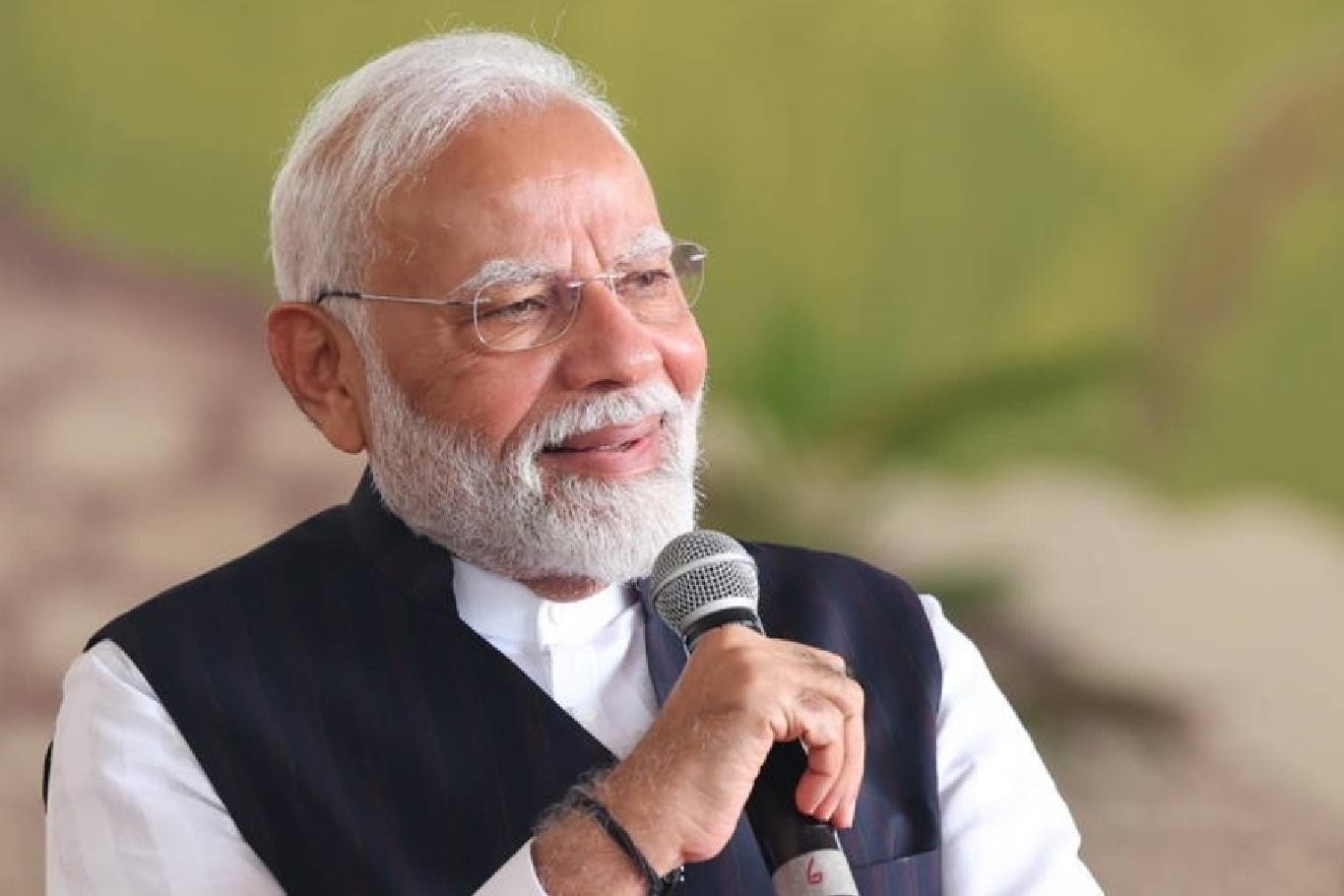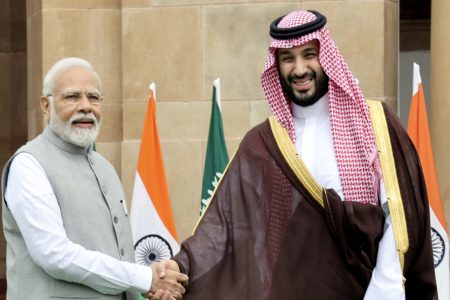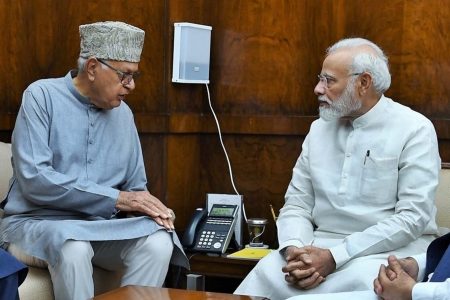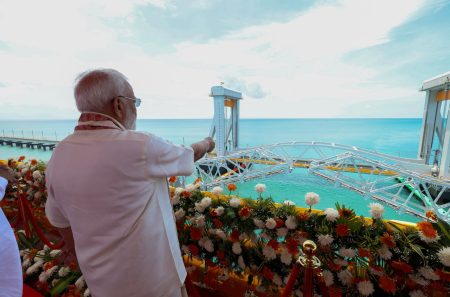
Prime Minister Narendra Modi recently celebrated the tenth anniversary of the Pradhan Mantri Jan Dhan Yojana (PMJDY), highlighting it as more than just a policy—it’s a mission to ensure that every Indian has access to formal banking. Reflecting on the situation in 2014 when he assumed office, Modi described how access to banking services was a distant dream for nearly half of the country’s households, who kept their savings at home, exposed to loss and theft, and often faced predatory lending practices.
In a LinkedIn post, Modi noted that while today having a bank account might seem basic and taken for granted, back then, banking accessibility was a significant challenge. He pointed out that despite over 65 years of independence, banking remained out of reach for many, and the efforts to democratize financial services had not previously succeeded.
The Prime Minister also underscored the irony that although banks were nationalized by the Congress government decades ago with the intention of aiding the poor, these populations continued to lack access to banking services. Modi acknowledged that implementing the PMJDY on such a vast scale was challenging, but he praised the strong determination of the Indian people to overcome skepticism and make the initiative a reality.
Today, the scheme has achieved remarkable success, with over 53 crore individuals who previously had no access to banks now holding accounts, which collectively boast a deposit balance exceeding Rs. 2.3 lakh crore. Notably, over 65 percent of these accounts are in rural or semi-urban areas, extending financial inclusion beyond metropolitan regions. The initiative has facilitated direct transfers amounting to nearly Rs. 39 lakh crore.
Modi also emphasized the scheme’s transformative impact on women’s empowerment, with almost 30 crore women now included in the banking system. He noted that the benefits extend to various marginalized communities, including SC, ST, and OBC families. He stressed that without PMJDY, the MUDRA Yojana and other government social security schemes, such as the Pradhan Mantri Jeevan Jyoti Bima Yojana and the Atal Pension Yojana, would not have had the same level of impact.
Furthermore, Modi highlighted the role of PMJDY in supporting the JAM Trinity—Jan Dhan, Aadhaar, and Mobile—which has been instrumental in eliminating intermediaries and advancing the digital payments revolution in India. He pointed out that India now leads the world in real-time digital payments, and despite initial doubts about the scheme’s relevance, it has proven to be a cornerstone of India’s economic progress.
In conclusion, PM Modi praised the ongoing efforts of banking staff who have been pivotal in advancing financial inclusion, and he reaffirmed the government’s commitment to building on the success of PMJDY to create a more developed and prosperous India.









